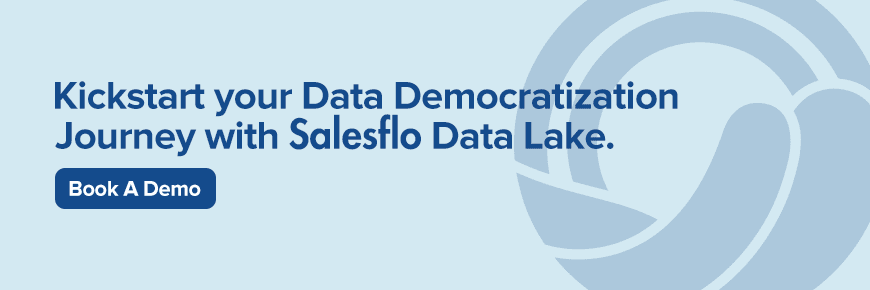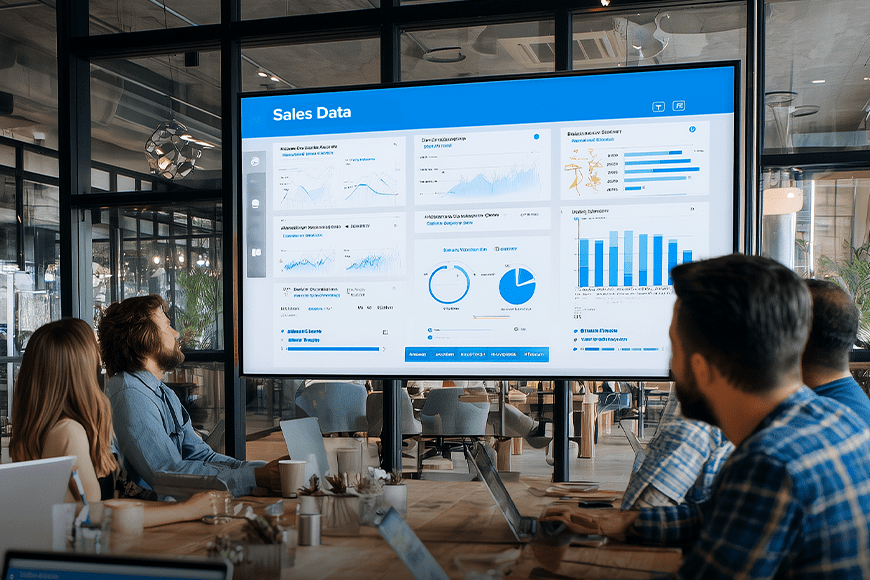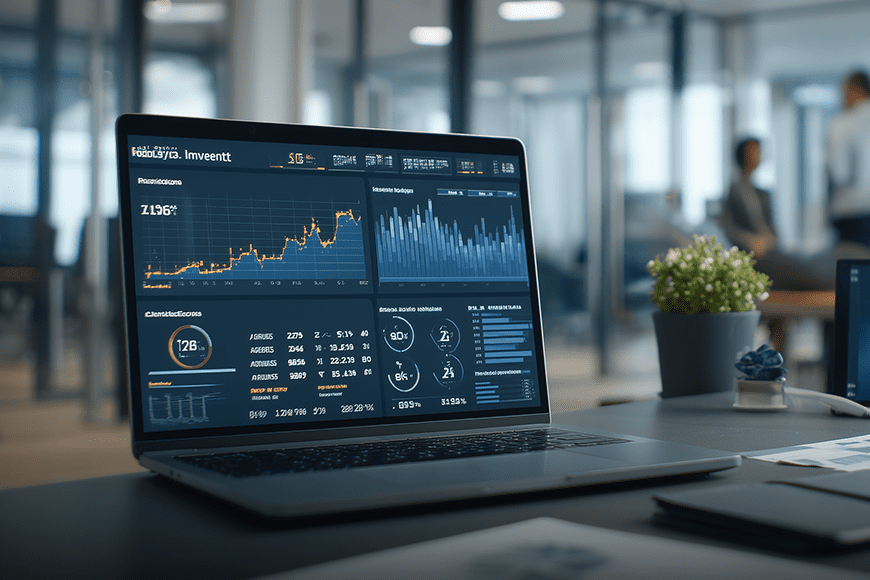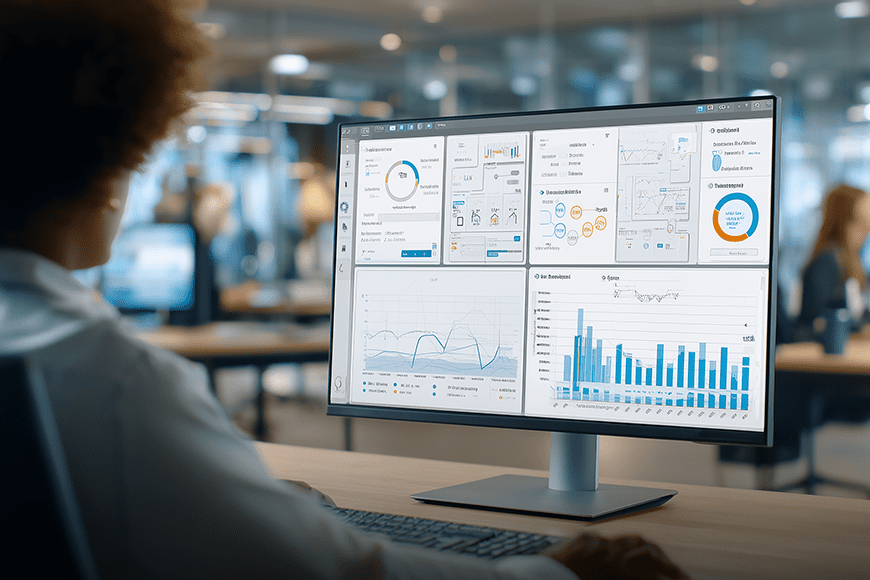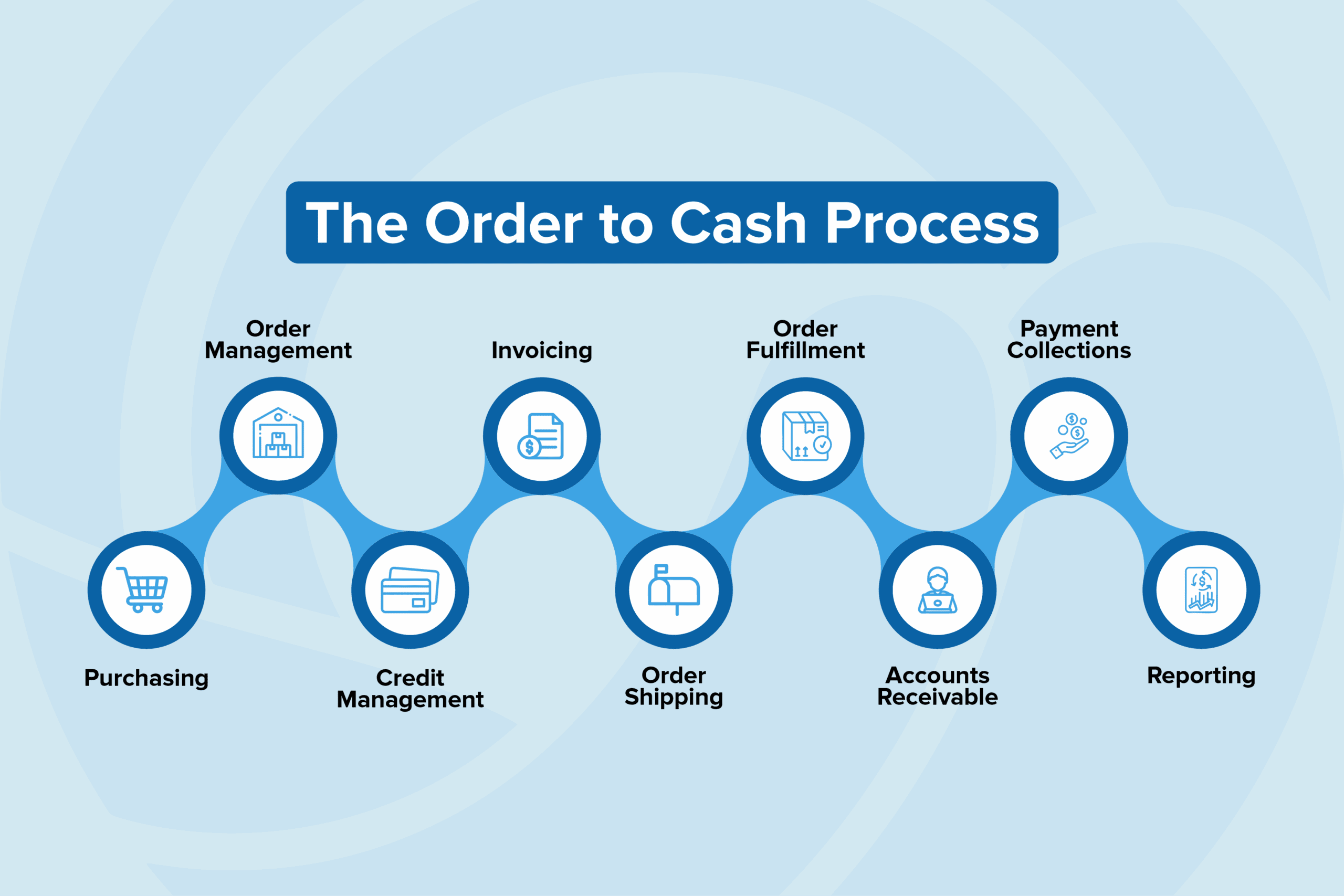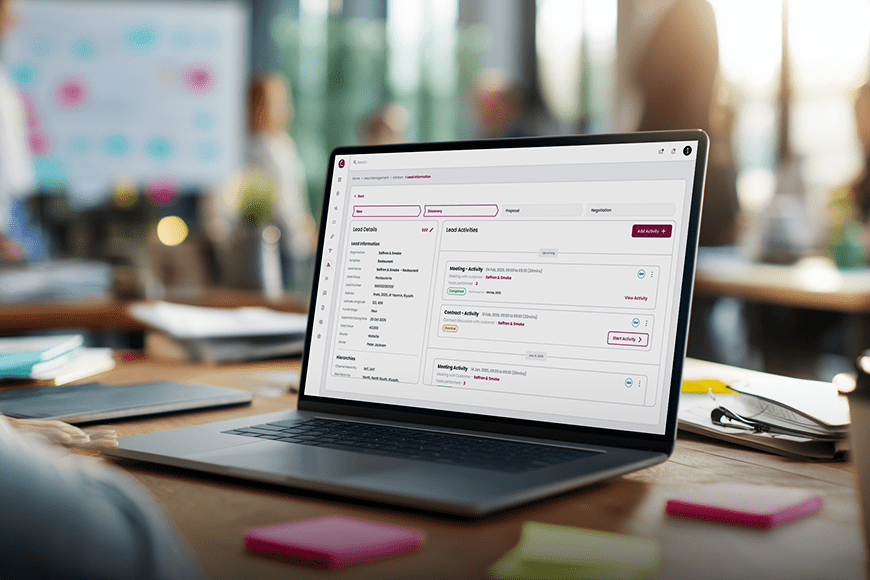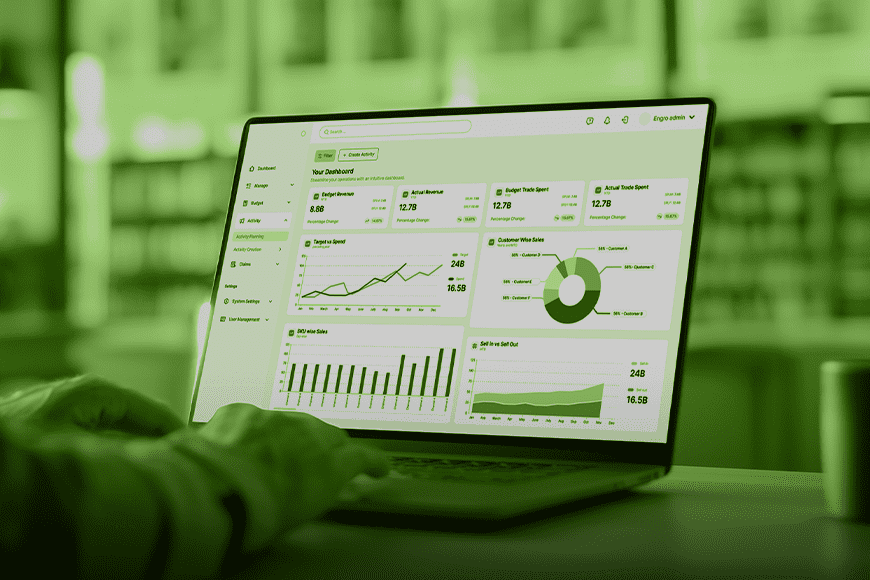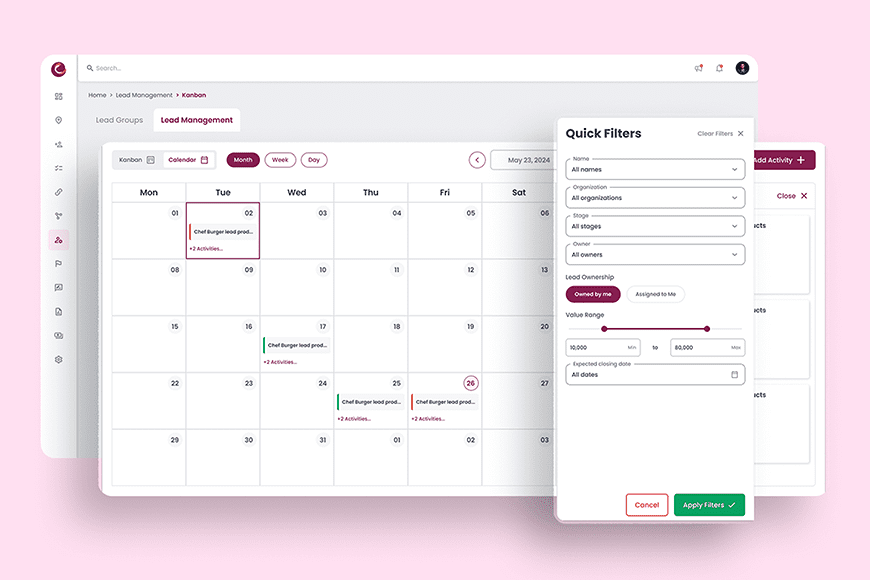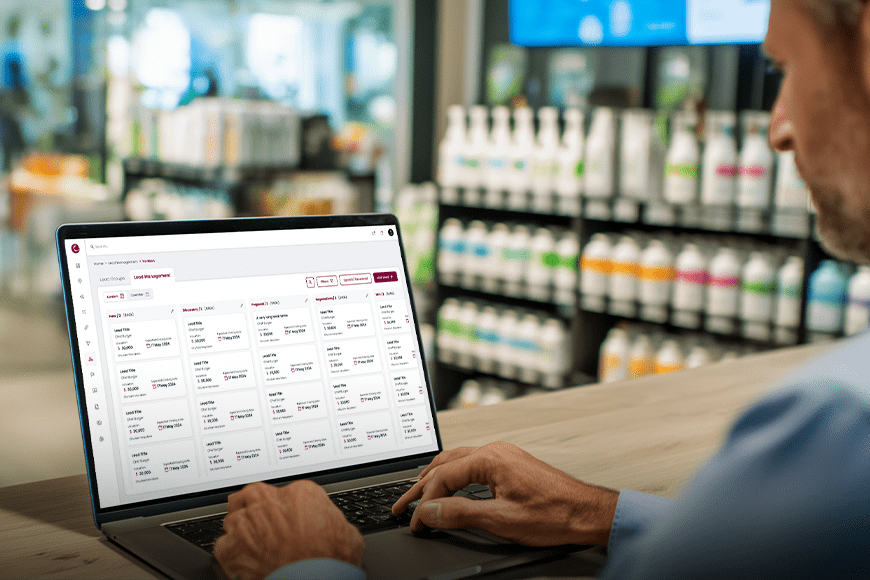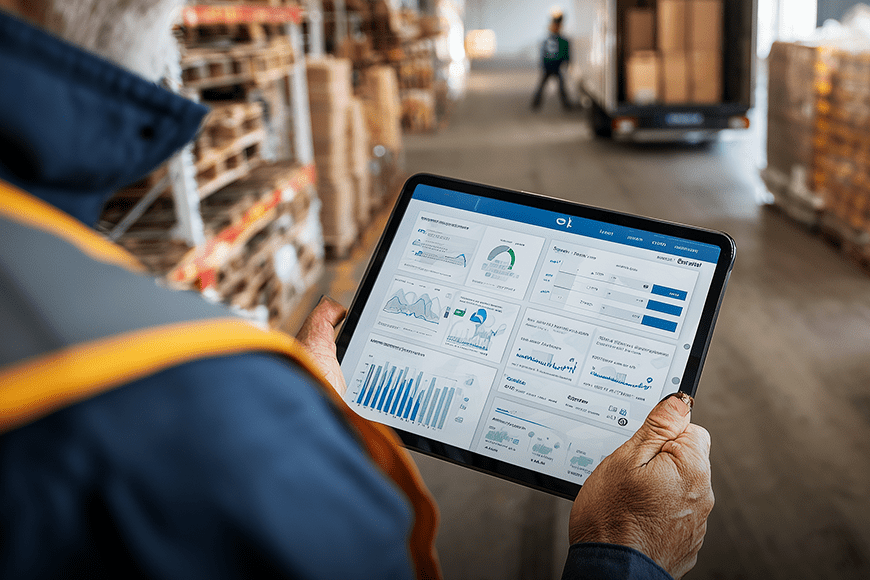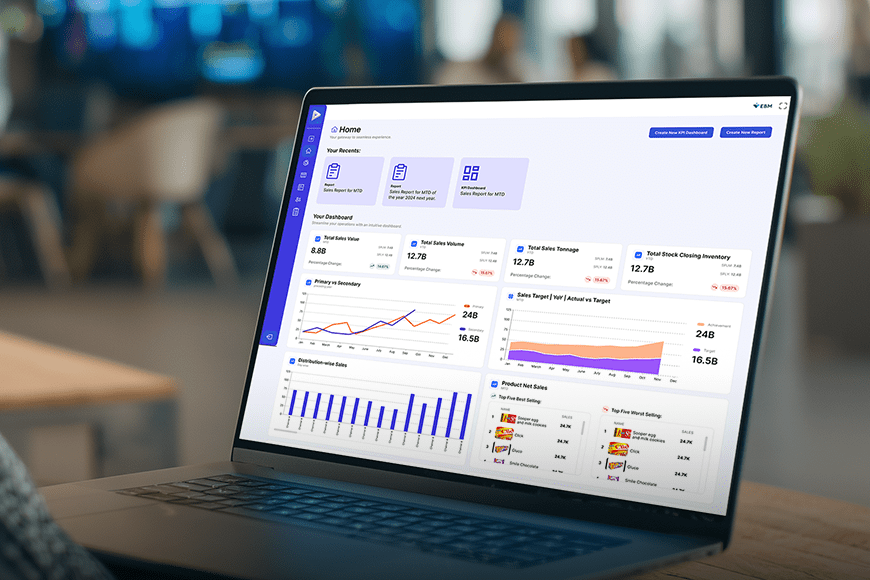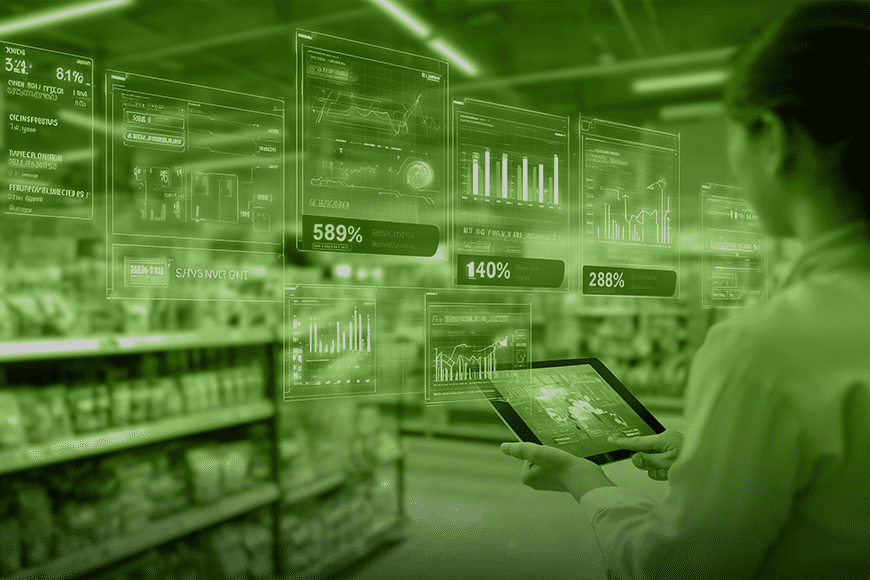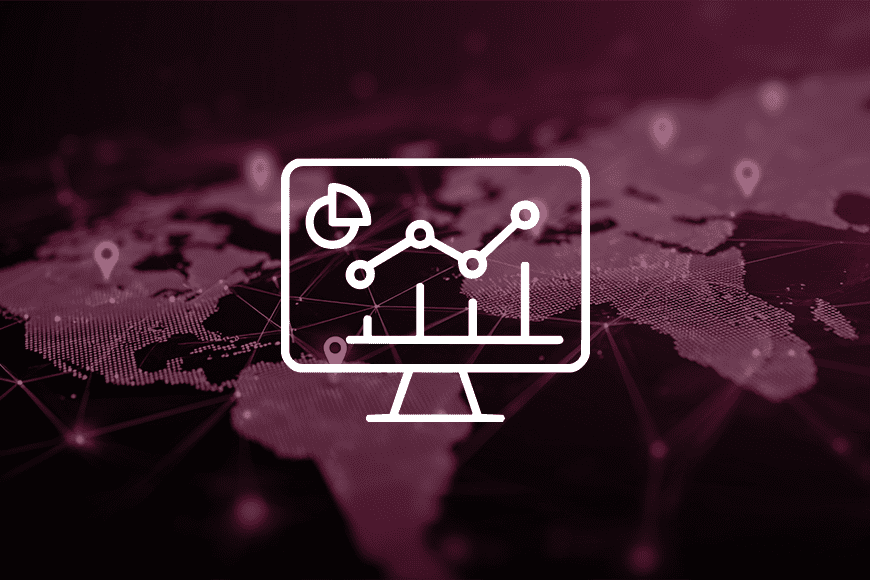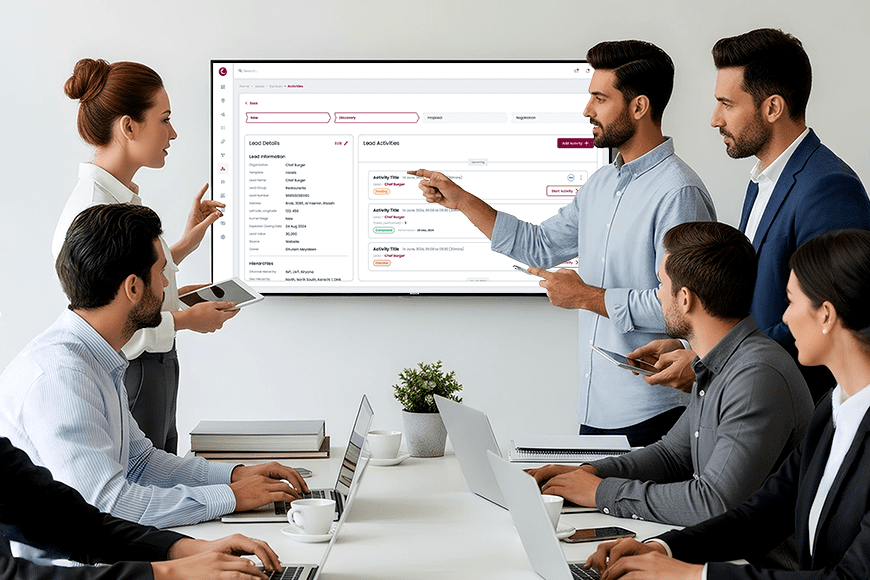In a world increasingly driven by data, the idea of data democratization is more than just a buzzword, it’s a game-changer. But what exactly does it mean, and why should businesses care?
Let’s break it down.
What is Data Democratization?
Data democratization is the process of making data accessible to everyone in an organization, not just data scientists or IT professionals. It means breaking down silos and giving people across departments the tools and access they need to use data in their everyday work.
Historically, data lived in isolated systems, accessible only to a handful of analysts. This created bottlenecks, delays, and a whole lot of missed opportunities. Democratizing data flips the script. It gives frontline teams, marketers, operations managers the power to make faster, more informed decisions.
It’s not just about access either. True democratization also involves data literacy, ease of use, and a culture that supports experimentation and insight-sharing.
The Benefits of Data Democratization
So what’s in it for your business? Quite a lot.
Faster Decision-Making
When data is available to the people who need it, decisions don’t have to wait for IT reports. Teams can respond to changes in real time.
Enhanced Collaboration
When everyone speaks the same data language, collaboration improves. Cross-functional teams can align better and execute faster.
Increased Innovation
With data in more hands, more people can ask questions, test ideas, and explore new strategies. This unlocks creativity from places you might not expect.
Empowered Employees
People feel more in control when they can access and use data directly. It’s a win for morale and performance.
The Role of Tools in Data Democratization
Of course, democratizing data doesn’t happen magically. It takes the right infrastructure. This is where platforms like Salesflo’s Data Lake powered by AWS come in.
To truly democratize data, you need:
- Unified Data Integration – to bring together scattered data sources into one centralized hub.
- Automated Data Processing – to keep data flowing in real time, clean, and ready to use.
Salesflo’s Data Lake solution helps businesses eliminate silos and ensures that teams always have access to accurate, up-to-date information without relying on a dedicated data team.
Challenges on the Road to Democratization
It’s not always smooth sailing. Here are some common hurdles:
- Data Silos: Different departments hoarding their data in separate systems.
- Lack of Data Literacy: Access means little if people don’t know how to interpret the information.
- Security Concerns: More access can mean more risk, unless governed properly.
- Quality & Consistency: Bad data leads to bad decisions, no matter who’s using it.
Impact of Data Democratization in FMCG & CPG
Here’s where the transformation really kicks in. When data becomes accessible across all levels of a consumer goods organization, the effects are both immediate and far-reaching.
1. Smarter, Faster Commercial Decisions
With data in the hands of trade teams, brand managers, and sales reps, decisions around pricing, promotions, and product distribution are made faster and based on facts, not guesswork. The result? Improved customer satisfaction, reduced trade waste, and stronger ROI across key retail channels.
2. Enhanced Market Responsiveness
In the fast-moving CPG world, agility is everything. Data democratization enables teams to react in near real time to market shifts whether it’s a competitor’s promotion, a supply chain issue, or a regional sales trend ensuring a faster go-to-market and smarter demand planning.
3. Reduced Pressure on Centralized Analytics Teams
FMCG companies often rely heavily on data analysts and IT for insights. By enabling frontline teams to self-serve dashboards and pull reports, you eliminate reporting bottlenecks, allowing experts to focus on strategic analytics and advanced forecasting instead.
4. Cross-Functional Transparency & Alignment
From sales to trade marketing to demand planning, everyone operates off the same data foundation. This creates greater alignment across departments, makes performance tracking visible, and ensures accountability across every level of the supply chain.
5. Inclusive, Ground-Level Innovation
Store reps, field teams, and territory managers interact with the market every day. When they have access to data, they bring insights that often go unheard. Data democratization turns these voices into value, enabling bottom-up innovation that’s grounded in real-time realities.
Read More About Data Democratization!
Final Thoughts
Data democratization isn’t just about giving access, it’s about unlocking potential. When the right people have the right data at the right time, business becomes smarter, faster, and more connected.
Tools like Salesflo Data Lake make that possible by unifying your data and automating its flow, so insight becomes second nature, not a privilege.
